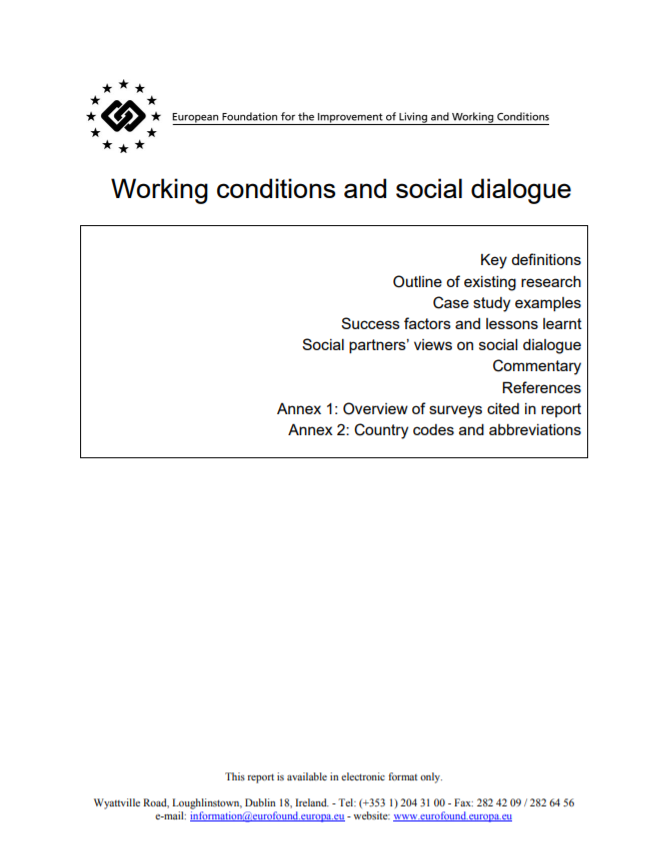Millions of workers in different countries and in different times have sought to organize into unions. Whether or not a government’s laws facilitate organizing, there has been widespread demand by individuals for labor unions– as an expression of their freedom of association. In spite of higher costs that may be related to unions, workers have fought for the right to organize to tilt the balance of power from employers to workers, to provide due process procedures, and to ensure that workers earn an adequate living to support a family. Unions do not form out of thin air; they arise when individuals decide to come together to collectively address market inefficiencies and social problems.
These private actions of individuals make it clear that unions have some place in benefiting the economy. While the costs of unions are often brought up, politicians and the voting public must also consider the benefits of unions. This Illinois Economic Policy Institute (ILEPI) Economic Commentary investigates how unions can increase economic efficiency. The report outlines ten examples of unions positively improving the economy for the better:
1. Union workers earn higher wages and increase consumer demand;
2. Unions reduce socially inefficient levels of income inequality;
3. Union workers receive less government assistance;
4. Union workers contribute more in income taxes;
5. Unions increase productivity in construction, manufacturing, and education;
6. Unions reduce employee turnover rates;
7. Unions fight against child labor and for public education;
8. Unions fight against all forms of discrimination;
9. Unions collectively bargain toward efficient contracts; and
10. Unions fight against the “monopsony” power of owners, especially in sports.
For the original source, please click here.









